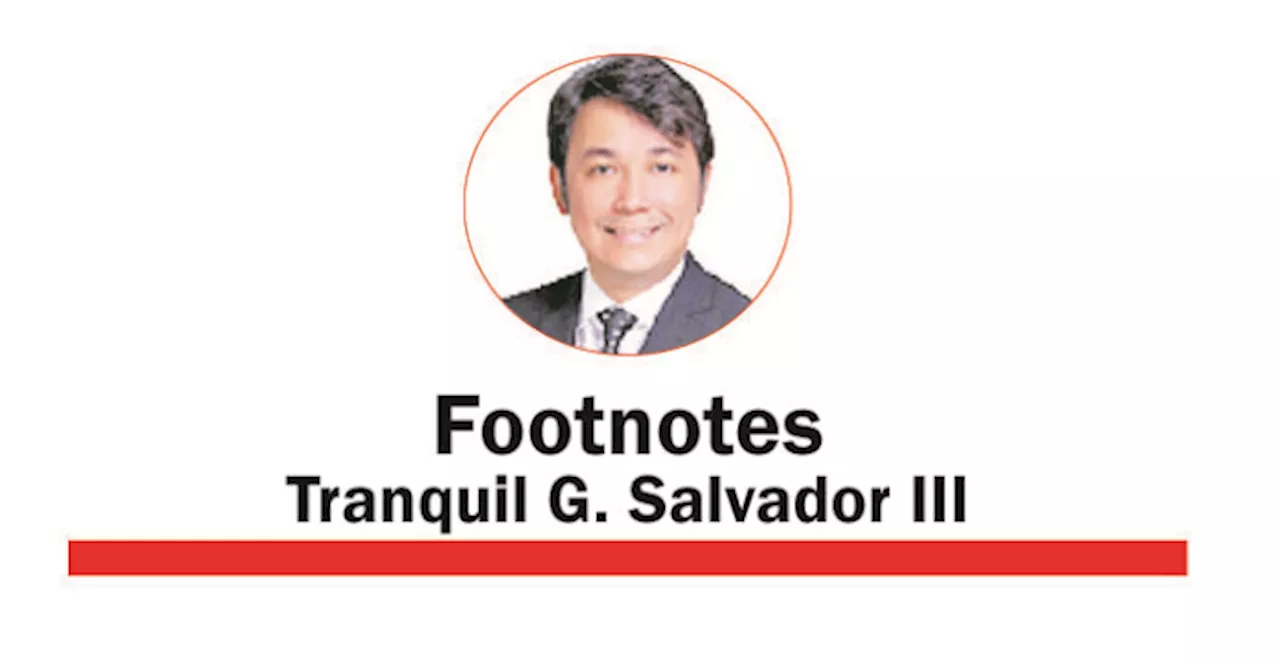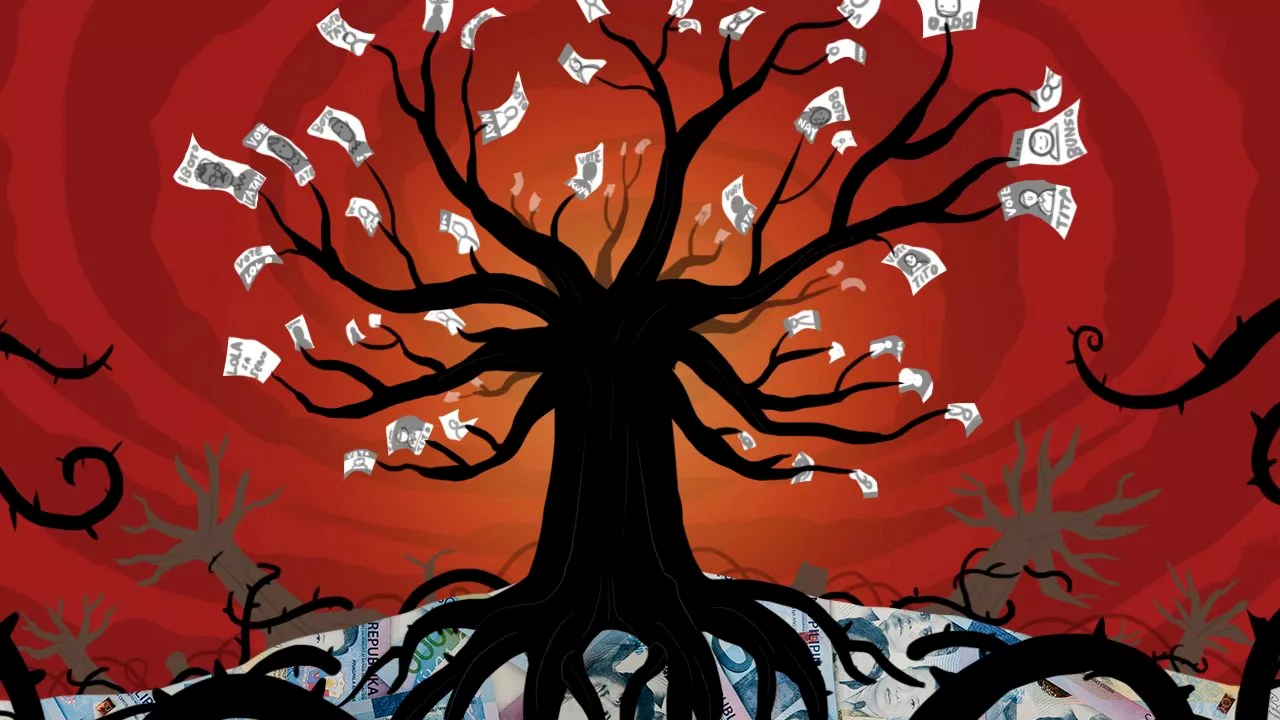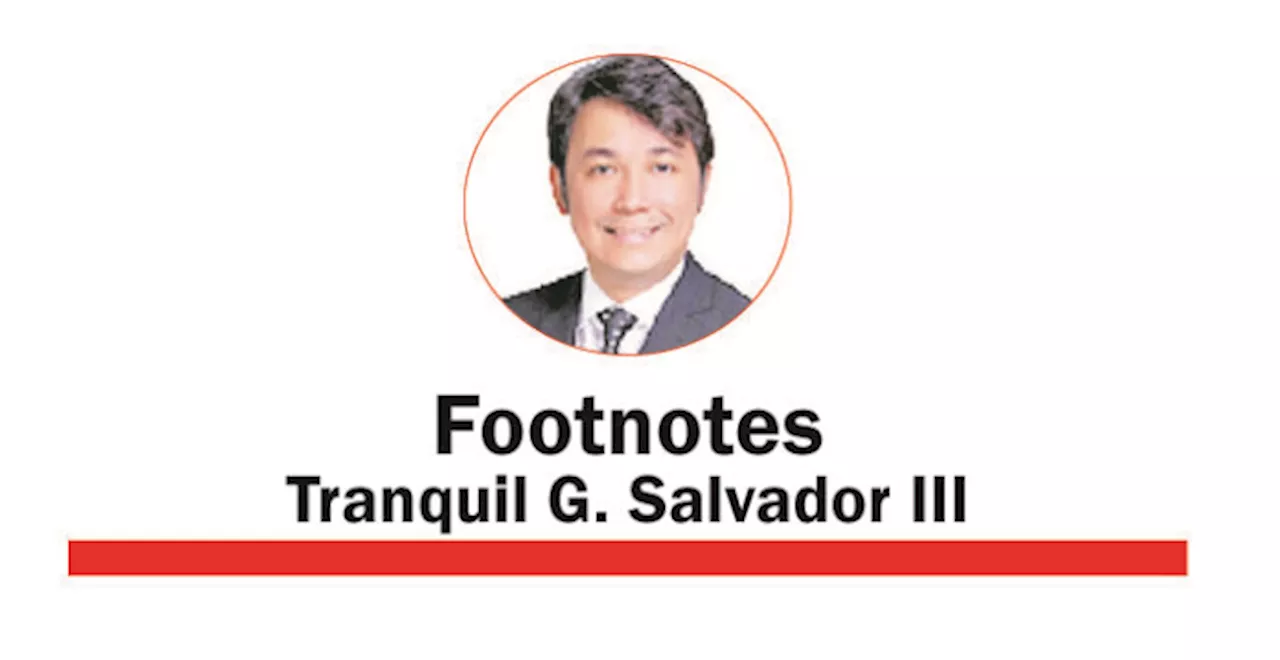This article examines how social media's impact on political discourse has led to the erosion of public reason. It argues that the platform's tendency to encourage emotional reactions and the spread of misinformation undermines thoughtful debate and informed decision-making.
Readers tend to jump on the bandwagon, unwittingly corrupting the definition of a public political forum. In a digital world where social media platforms have evolved into a political forum, some candidates or their supporters make statements and conclusions based on sweeping one-liners intended to incite outcry. The public is led to make conclusions without critical thinking and reasonable assessment of evidence.
These “knee-jerk sentiments” of social media users through commenting unnecessarily have been exploited by some political candidates to help frame the minds of the public. However, these social media reactions such as liking and sharing have been protected in the case of Disini, et al. v. Secretary of Justice, thereby encouraging reactions in the absence of fact checking. Admittedly, the Disini case in its desire to protect free speech had unintentionally opened a floodgate utilized by social media users that unfortunately biases the mind of readers. Worse, readers tend to jump on the bandwagon, unwittingly corrupting the definition of a public political forum as understood by Rawls. To be clear, the idea of public reason does not apply to civil society or what Rawls called the ‘background culture.’ In the background culture — in books and journals, in churches and mosques, in community groups and voluntary clubs, and of course at home and with friends — we should feel free to make whatever arguments we like. This is where we can thrash out whether God exists and the meaning of life. The fact that debates like these take place in the background culture does not diminish their importance — for many of us, they are the ones we are most passionate about, and the basic liberties are there precisely to make sure that we can discuss them freely. This doesn’t mean that politics will become technocratic and stripped of moral content – far from it. It simply means that our political conversation will be concerned with political values like fairness, equality and freedom, rather than religious ones like sin or faith. Finally, the idea of public reason doesn’t preclude people from appealing to religious or other non-public reasons altogether. Rawls argued that citizens could appeal to such reasons even in the public political forum, subject to the ‘proviso’ that their positions were also supported by genuinely public ones… For Rawls, “political debate falls far short of the… duty of civility and his notion of public reason…” A civil and respectful public culture is a vital public asset – something that is built up gradually through constant practice, but which can all too easily be lost. In the 21st century it still rings true today that “e have run down our stocks of civility to dangerously low levels, and building a more inclusive and respectful public debate is one of the central challenges facing democratic societies. Our leaders and public servants must be aware that their statements, whether wittingly or unwittingly made, spark discussions that affect the nation’s political and policy directions. Their statements must be well thought out, guiding political discussions that truly bring out the best of democratic leadership
Technology SOCIAL MEDIA POLITICS PUBLIC REASON FREE SPEECH DISINFORMATION
Philippines Latest News, Philippines Headlines
Similar News:You can also read news stories similar to this one that we have collected from other news sources.
 Principles of Civil Discourse in a Polarized Political ClimateThis article explores John Rawls's theory of justice as fairness and its application to political discourse. It emphasizes the importance of civility, open-mindedness, and a willingness to engage with opposing viewpoints while respecting individual rights.
Principles of Civil Discourse in a Polarized Political ClimateThis article explores John Rawls's theory of justice as fairness and its application to political discourse. It emphasizes the importance of civility, open-mindedness, and a willingness to engage with opposing viewpoints while respecting individual rights.
Read more »
 Who can dislodge political dynasties?Often, it is a political dynasty that dislodges another political dynasty
Who can dislodge political dynasties?Often, it is a political dynasty that dislodges another political dynasty
Read more »
 Social media, ChatGPT outage hits usersMeta's social media platforms, including Facebook, Instagram, Threads, and Messenger, experienced widespread disruptions on Thursday, impacting users
Social media, ChatGPT outage hits usersMeta's social media platforms, including Facebook, Instagram, Threads, and Messenger, experienced widespread disruptions on Thursday, impacting users
Read more »
 Internet, social media sign-up ends todayALL political aspirants, party-list groups, political organizations and coalitions have only until today, Dec.13, to register their social media accounts and pages, websites, and other online and internet-based campaign platforms that they will use in the 2025 midterm elections.
Internet, social media sign-up ends todayALL political aspirants, party-list groups, political organizations and coalitions have only until today, Dec.13, to register their social media accounts and pages, websites, and other online and internet-based campaign platforms that they will use in the 2025 midterm elections.
Read more »
 HEADLINES: Internet, social media sign-up ends todayGood day. Here are the stories for The Manila Times for Friday, December 13, 2024.
HEADLINES: Internet, social media sign-up ends todayGood day. Here are the stories for The Manila Times for Friday, December 13, 2024.
Read more »
 13K bets registered social media accounts online —ComelecLatest Philippine news from GMA News and 24 Oras. News, weather updates and livestreaming on Philippine politics, regions, showbiz, lifestyle, science and tech.
13K bets registered social media accounts online —ComelecLatest Philippine news from GMA News and 24 Oras. News, weather updates and livestreaming on Philippine politics, regions, showbiz, lifestyle, science and tech.
Read more »
